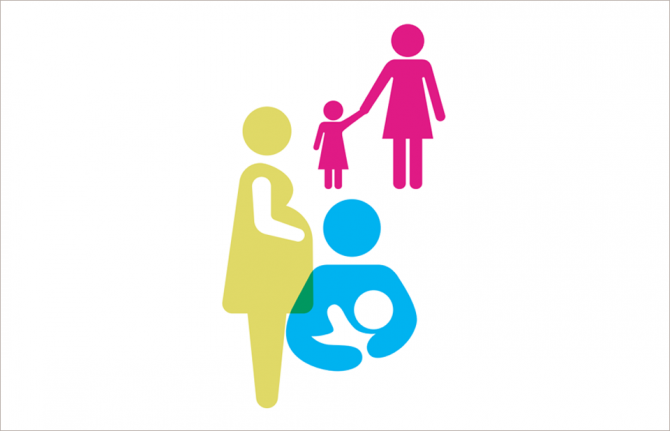

Press Statement
UNAIDS welcomes Kenya’s High Court judgement in landmark case of involuntary sterilization of women living with HIV
20 December 2022 20 December 2022GENEVA, 20 December 2022—UNAIDS welcomes the judgement by the High Court of Kenya at Nairobi recognizing that coerced sterilization of women living with HIV is a violation of their human rights.
The judgement follows a case brought forward in 2014 by a Kenyan woman living with HIV who was coerced by professionals at a health facility to undergo tubal ligation thus taking away her ability to have children. The High Court found that the performance of this operation without consent amounted to a violation of her rights to non-discrimination, to dignity, to health and to family.
“This decision is an important step in protecting the sexual and reproductive health and rights of women living with HIV,” said Winnie Byanyima, Executive Director of UNAIDS. “UNAIDS stands ready to work with all governments to ensure such practices are eliminated completely and that women living with HIV are able to access health services without stigma or discrimination.”
UNAIDS intervened in this case with an amicus curiae (friend of the court) brief that informed the Kenyan High Court on the health guidelines and human rights standards that each country must follow to respect, protect and guarantee the human rights of people living with HIV, and the impact that such involuntary practices can have on the HIV response. The Kenyan Legal and Ethical Issues Network on HIV/AIDS (KELIN) and the African Gender and Media Initiatives Trust (GEM) were also petitioners in this case.
HIV-related stigma and discrimination has a significant impact on the health, lives and well-being of people living with or at risk of HIV. Stigma and discrimination hinders the HIV response by limiting access to broader sexual and reproductive health and other health services. UNAIDS continues to work daily to ensure that governments invest in preventing and responding to violations linked to the forms of intersectional discrimination to which people living with HIV have been subjected.
The plaintiff in the case stated, “This was never about the money. I wanted to fight for justice for myself and all women who have had this experience, and to ensure this does not happen to other women who are living with HIV who need access to reproductive health services.”
“This case is an important moment for reproductive justice and the feminist movement. Coercive sterilization of women living with HIV is a violation of women’s most fundamental human rights and undermines effective HIV responses,” said UNAIDS Country Director for Kenya, Medhin Tsehaiu. “It is only through a human rights approach that we will end AIDS as a public health threat.”
A rights-based approach includes the right to start a family and have children, the right to decide the number and spacing of their children, the right to reproductive autonomy and the right to access quality services to support their reproductive health choices, based on their informed, safe and voluntary consent. These are fundamental human rights that belong to all women, regardless of HIV status, and are guaranteed in global and regional treaties.
“We welcome the court’s decision and although it took a long time, we are happy that the court found the client’s rights had been violated, and particularly the finding of discrimination on the basis of sex and HIV status,” said Allan Maleche, Executive Director, KELIN.
The Global AIDS Strategy 2021–2026: End Inequalities, End AIDS includes a central role for the promotion of human rights, gender equality and dignity, free from stigma and discrimination for all people living with and affected by HIV. It is a commitment by UNAIDS to an ambitious vision to end gender inequalities and realize human rights, including the right to health, calling on all partners and stakeholders in the HIV response in all countries to transform unequal gender norms and end stigma and discrimination.
UNAIDS
The Joint United Nations Programme on HIV/AIDS (UNAIDS) leads and inspires the world to achieve its shared vision of zero new HIV infections, zero discrimination and zero AIDS-related deaths. UNAIDS unites the efforts of 11 UN organizations—UNHCR, UNICEF, WFP, UNDP, UNFPA, UNODC, UN Women, ILO, UNESCO, WHO and the World Bank—and works closely with global and national partners towards ending the AIDS epidemic by 2030 as part of the Sustainable Development Goals. Learn more at unaids.org and connect with us on Facebook, Twitter, Instagram and YouTube.
